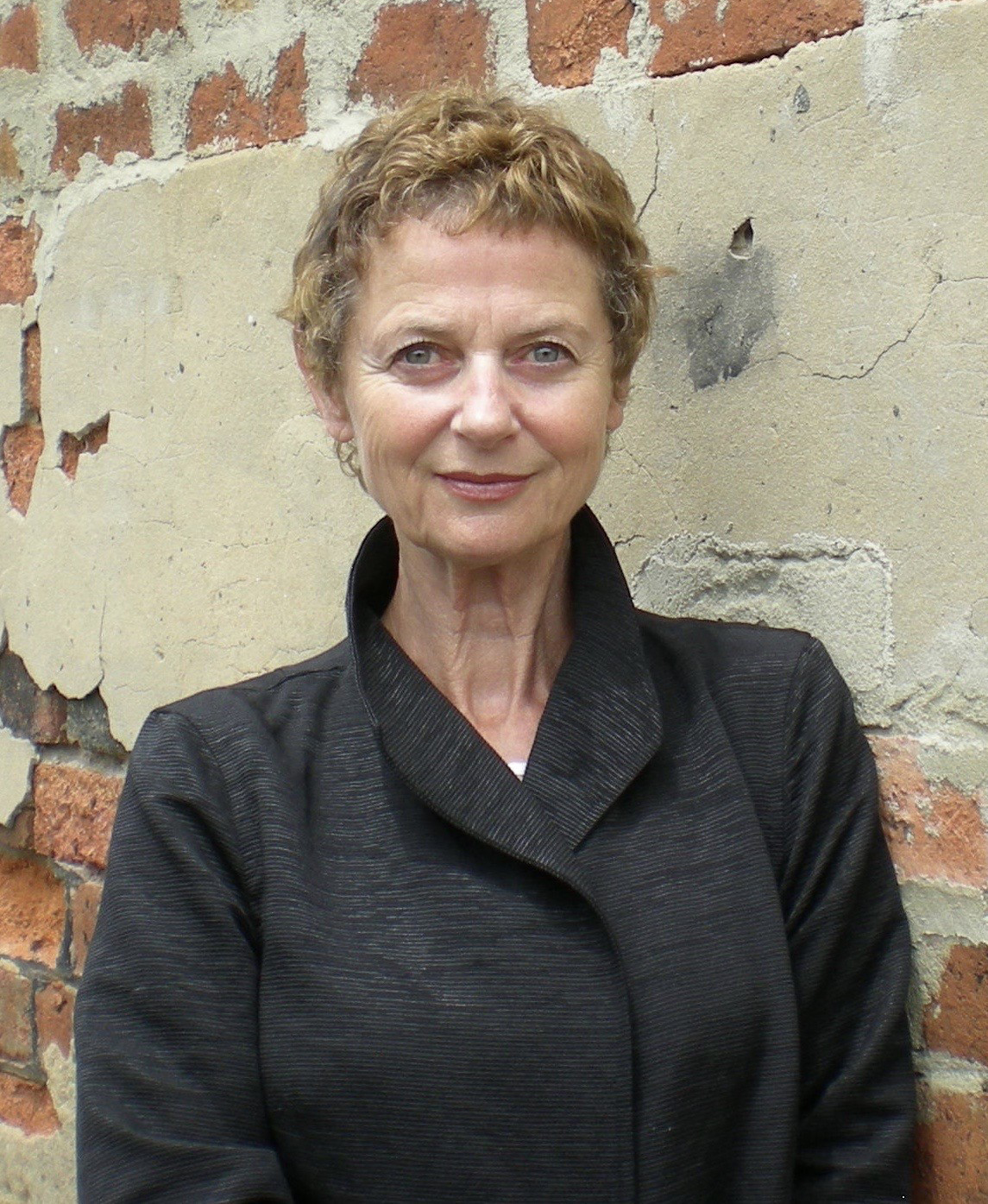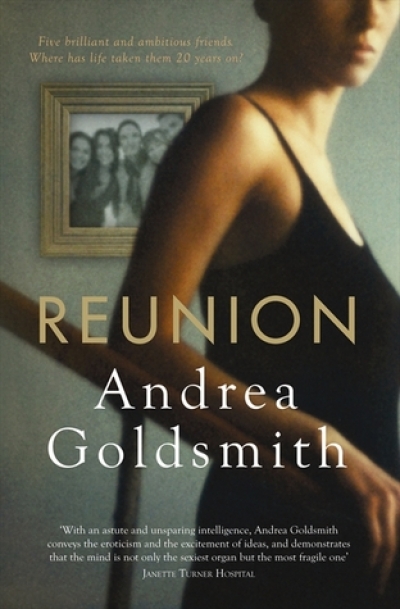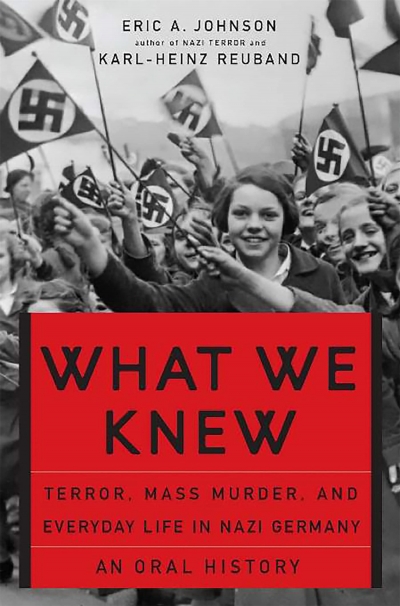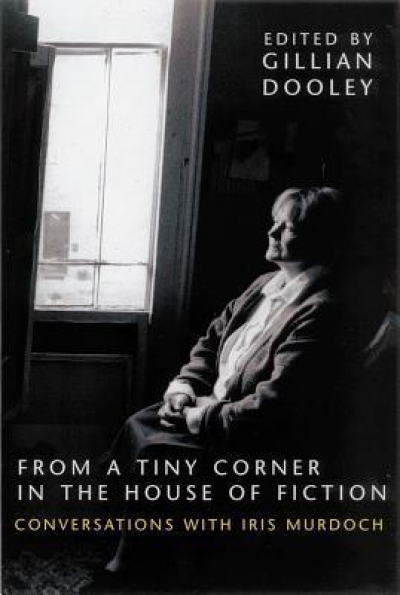Accessibility Tools
- Content scaling 100%
- Font size 100%
- Line height 100%
- Letter spacing 100%
Andrea Goldsmith
The ABR Podcast
Released every Thursday, the ABR podcast features our finest reviews, poetry, fiction, interviews, and commentary.
Subscribe via iTunes, Stitcher, Google, or Spotify, or search for ‘The ABR Podcast’ on your favourite podcast app.
‘Where is Nancy?’ Paradoxes in the pursuit of freedom
by Marilyn Lake
This week on The ABR Podcast, Marilyn Lake reviews The Art of Power: My story as America’s first woman Speaker of the House by Nancy Pelosi. The Art of Power, explains Lake, tells how Pelosi, ‘a mother of five and a housewife from California’, became the first woman Speaker of the United States House of Representatives. Marilyn Lake is a Professorial Fellow at the University of Melbourne. Listen to Marilyn Lake’s ‘Where is Nancy?’ Paradoxes in the pursuit of freedom’, published in the November issue of ABR.
Recent episodes:
 Andrea Goldsmith is a Melbourne-based novelist, reviewer and essayist. Her literary essays have appeared in Heat, Meanjin, Australian Book Review, Best Australian Essays, as well as numerou ...
Andrea Goldsmith is a Melbourne-based novelist, reviewer and essayist. Her literary essays have appeared in Heat, Meanjin, Australian Book Review, Best Australian Essays, as well as numerou ...
What We Knew: Terror, mass murder and everyday life in Nazi Germany by Eric Johnson and Karl Heinz Reuband
From a tiny corner in the House of Fiction: Conversations with Iris Murdoch edited by Gillian Dooley
I am reading Robert Fagles’s translation of the Iliad (Penguin, $26pb, 0 14 027536 3). Achilles is sulking in his ships while the Trojans and Achaeans slaughter each other. Choreographing the moves with astonishing wilfulness are the self-serving, all-powerful gods. The brilliance of the poetry keeps the brutality always in the high beam. Every spear thrust, every disembowelment, every spillage of brains, every spurt of blood is revealed with lyrical clarity. The violence is unrelenting; this poem is almost unbearable.
... (read more)








